






5-Star Valuation Services, Loved by Hundreds
Frequently Asked
Questions
No Frequently Asked Questions Found.
Assignments can involve many asset categories, including personal property, artwork, jewelry, vehicles, machinery and equipment, inventory, cryptocurrency, and business interests. Reports are typically retrospective to the legally required date and are developed in accordance with recognized professional standards such as USPAP. The objective is to provide a credible, supportable value that fiduciaries and courts can rely upon.
Professional appraisers conduct an in-depth examination considering key factors such as age, condition, craftsmanship, materials, and historical significance. They carefully assess the furniture's physical characteristics, including the quality of construction, original materials, and overall preservation state. Specific design elements like wood type, joinery techniques, surface finishes, and manufacturing methods play crucial roles in determining value.
The appraisal process extends beyond visual inspection, incorporating extensive research into comparable market sales, auction records, and current collector trends. Appraisers analyze historical context, examining how specific design periods, manufacturers, and artistic movements impact a piece's desirability and potential financial value. Unique provenance, rare design elements, and original condition can dramatically influence an item's overall appraisal.
Expertise in furniture history, materials science, and market dynamics allows appraisers to provide nuanced, accurate valuations that reflect both the item's intrinsic qualities and its current market positioning. This comprehensive approach ensures a thorough and precise assessment that goes well beyond simple visual estimation.
The online appraisal process is designed to be both flexible and comprehensive. Clients are usually required to provide extensive information about their furniture, including precise dimensions, manufacturing details, current condition, age, and any distinctive characteristics that might influence its value. High-quality, multiple-angle photographs are crucial for enabling appraisers to make accurate assessments.
Advanced technological platforms now support various interactive appraisal methods. Live video consultations through platforms like Zoom or Skype enable real-time communication, allowing appraisers to request additional visual information or ask specific questions about the item. This interactive approach helps bridge the gap between traditional in-person assessments and remote evaluations.
Remote appraisals offer significant advantages, particularly for individuals with scheduling constraints, mobility limitations, or geographical challenges. Clients can undergo professional furniture valuations from the comfort of their home, eliminating the need for complicated logistical arrangements or transportation of potentially fragile items.
While online appraisals provide remarkable convenience, clients should understand that the accuracy of the assessment depends heavily on the quality and comprehensiveness of the information submitted. Clear, well-lit photographs and detailed, honest descriptions are essential for obtaining a reliable valuation.
The digital appraisal landscape continues to evolve, with professionals leveraging sophisticated technologies to deliver precise and trustworthy evaluations. For those seeking a convenient, efficient approach to understanding their furniture's value, online appraisals represent a modern solution to traditional valuation challenges.
Antique furniture appraisers represent a critical subset of this profession, focusing on pieces with significant historical value. They possess deep knowledge of period-specific design elements, manufacturing techniques, and cultural influences. Their expertise allows them to authenticate and precisely value items over a century old, distinguishing genuine antiques from skillful reproductions.
Contemporary furniture appraisers specialize in more recent designs, tracking current market trends and understanding the nuanced value of modern pieces. These professionals are particularly adept at evaluating furniture from the past few decades, considering factors like designer reputation, manufacturing quality, and current aesthetic preferences.
Collectible furniture appraisers occupy a unique niche, concentrating on pieces that hold special significance within collector communities. They understand the complex ecosystem of collector markets, assessing value based on rarity, historical importance, and desirability among specialized enthusiasts.
Specialty furniture appraisers develop deep expertise in specific styles or categories, such as mid-century modern or artisan-crafted pieces. Their targeted knowledge allows for precise valuations that consider the subtle characteristics unique to particular design movements or crafting traditions.
Furniture restoration appraisers bring technical insight into how preservation and restoration impact an item's value. They evaluate the potential and limitations of restoring a piece, providing critical guidance on maintaining or enhancing its market worth through careful intervention.
Selecting the right appraiser requires careful consideration of the specific furniture in question and the purpose of the valuation, ensuring a comprehensive and accurate assessment.
Insurance documentation represents a primary driver for obtaining furniture appraisals. Comprehensive valuations ensure homeowners can secure appropriate coverage and expedite claims processes in the event of loss, theft, or damage. Precise documentation becomes instrumental in protecting significant investments and providing clear evidence of an item's worth to insurance providers.
Estate planning and legal proceedings also benefit substantially from professional furniture appraisals. When distributing assets among heirs, accurate valuations help create equitable divisions and minimize potential familial conflicts. These assessments provide transparent, objective information about furniture's market value, facilitating smoother inheritance transitions and legal settlements.
Charitable donations involving high-value furniture require professional appraisals to validate tax deduction claims. When furniture exceeds certain monetary thresholds, documented assessments become essential for substantiating donation values and maximizing potential tax benefits.
Divorce proceedings frequently rely on furniture appraisals to determine fair property division. Professional evaluations offer neutral, fact-based assessments that help reduce emotional tension and streamline settlement negotiations by providing clear, defensible property values.
Collectors and antique enthusiasts particularly benefit from professional appraisals, gaining insights that inform purchasing, selling, and maintaining valuable collections. Understanding precise market values empowers informed decision-making and prevents potential financial misjudgments.
Ultimately, furniture appraisals represent more than simple monetary assessments. They provide comprehensive insights that protect financial interests, facilitate legal processes, and offer peace of mind across numerous personal and professional contexts.
Introduction to Furniture Appraisals in Probate
Furniture appraisals in the context of probate serve a vital role in determining the fair market value of personal property following an individual's passing. These appraisals are essential not only for settling an estate but also for ensuring that the deceased's wishes are honored as articulated in their will. An accurate valuation of furniture can be complex, influenced by factors such as age, condition, style, and historical significance, which are all critical in reflecting its true worth in the current market.
Probate can be a challenging process, often requiring clear and precise inventory of a deceased person's belongings. This is where a qualified appraiser becomes indispensable, as they possess the expertise to navigate the nuances of various furniture types, from antique heirlooms to contemporary pieces. Their insights not only aid the executor in making informed decisions about the distribution of assets but also provide a safeguard against potential disputes among beneficiaries about the value of items.
Additionally, furniture appraisals are crucial for tax purposes, as the assessed value will impact the estate's overall tax liability. Accurate valuations ensure compliance with legal requirements while protecting the estate's financial interests. Engaging a professional appraiser can streamline this process, alleviate stress during a difficult time, and ultimately contribute to a fair resolution for all parties involved.
Importance of Furniture Appraisals in the Probate Process
The importance of furniture appraisals in the probate process cannot be overstated, as they provide an accurate assessment of the value of deceased individuals' personal property. These appraisals play a critical role in determining the overall value of an estate, ensuring that beneficiaries receive their fair share while adhering to legal and tax obligations. A thorough appraisal not only helps avert disputes among heirs but also aids in providing transparency during a potentially contentious time, ultimately facilitating smoother transitions of ownership.
Moreover, professional furniture appraisals can uncover hidden value within pieces that may not be immediately apparent to individuals without specialized knowledge. Experienced appraisers utilize their expertise to evaluate the condition, provenance, and market demand for specific items, which can significantly impact their worth. By obtaining a comprehensive appraisal, executors and estate administrators can make informed decisions regarding the sale or distribution of assets, thereby preserving the integrity of the estate and supporting its financial viability.
Key Reasons for Conducting a Furniture Appraisal
Conducting a furniture appraisal is essential in probate situations as it assists in establishing the fair market value of assets that were owned by the deceased. This valuation is crucial not only for settling debts and distributing assets among beneficiaries but also for ensuring compliance with legal requirements. An accurate appraisal helps to mitigate potential disputes among heirs and provides a clear basis for the division of property, which can be a complex and emotionally charged process.
Furthermore, a furniture appraisal can serve as an important tool for tax purposes. When assets are included in the estate, the value assigned to them will be used to calculate estate taxes owed. Working with a professional appraiser ensures that valuations are conducted following industry standards, which can be vital in substantiating value assessments in the event of an audit or legal scrutiny. Overall, obtaining a furniture appraisal can provide clarity and facilitate smoother probate proceedings.
Understanding the Different Types of Furniture Appraisals
Furniture appraisals serve a critical role in various contexts, especially in probate situations where the valuation of a deceased person's assets is required. Understanding the different types of furniture appraisals can help streamline this process, ensuring that all parties involved, from heirs to the court, have a clear grasp of the assets' worth. Typically, furniture appraisals can be categorized into three main types: market value, insurance value, and liquidation value, each tailored to specific needs and purposes.
Market value appraisals reflect the amount a piece of furniture would sell for in the current open market, factoring in its condition, age, and demand. This type of appraisal is particularly useful for probate cases where fair distribution among heirs is necessary, as it provides a realistic and equitable value. Insurance value, on the other hand, is established to determine how much coverage is needed to replace or repair the piece in the event of loss or damage, often reflecting the cost to replace the item in today's market conditions.
Liquidation value comes into play when quick sales are necessary, such as during estate sales or auctions, estimating what the furniture could fetch if sold swiftly. This type of appraisal considers the time constraints and potential discounts that could be required to expedite the sale. By discerning these distinctions, individuals involved in a probate situation can make informed decisions regarding the loss of valued possessions, ensuring that all financial and emotional aspects are appropriately addressed.
How to Choose a Qualified Appraiser for Furniture
Choosing a qualified appraiser for furniture, especially in the context of probate, is a critical step in ensuring that the assets are accurately valued. Start by seeking an appraiser who holds relevant certifications, such as those from the American Society of Appraisers or the International Society of Appraisers. These credentials indicate a level of expertise and adherence to industry standards. Additionally, it's beneficial to select an appraiser who specializes in furniture and has experience with the specific types of items involved in the probate process.
Furthermore, consider the appraiser's reputation and client reviews. Engaging with professionals who have a proven track record in handling probate situations can provide invaluable insights and accurate appraisals. It’s also advantageous to ask for references or case studies that illustrate their work in similar contexts. Ultimately, a qualified appraiser will not only ensure compliance with legal requirements but also provide a fair market value, which can lead to a smoother probate process.
The Appraisal Process: What to Expect
The appraisal process for furniture in probate cases typically begins with selecting a qualified appraiser who has expertise in valuing personal property. The appraiser will conduct a thorough inspection of the furniture, taking into account factors such as age, condition, brand, and provenance. It is important for heirs and executors to provide any relevant documentation, such as purchase receipts or previous appraisals, as this information can significantly impact the valuation.
Once the furniture has been assessed, the appraiser will compile a detailed report that outlines the value of each item. This report will include photographs and descriptions of the pieces, along with comparable sales data to substantiate the values assigned. The appraisal is not only essential for probate court proceedings but also serves as a critical reference point for heirs when determining how to divide or sell the estate’s assets.
After the appraisal is complete, heirs and executors should retain a copy of the report for their records. This document may be required in court or for tax purposes, especially if the estate needs to settle any debts or distribute assets fairly. Understanding the appraisal process can help streamline the probate procedure and ensure that all parties involved are informed and prepared to make decisions regarding the estate.
Factors Influencing Furniture Valuation
Furniture appraisals are influenced by a variety of factors, each contributing to the overall value of the items being assessed. One of the primary factors is the furniture's age and condition. Antique pieces often hold higher value due to their historical significance, but even contemporary items can fetch a good price if they are in excellent condition. Evaluators will closely examine wear and tear, repairs, and overall aesthetic appeal when determining value.
Another significant factor is the provenance or history of the furniture. Items that have a storied past, such as belonging to a notable individual or featured in an important event, can see their value dramatically increase. Additionally, the original manufacturer and design style play crucial roles; renowned designers or manufacturers can enhance desirability and valuation. Understanding the context in which a piece was created can further influence appraisal outcomes.
Market demand is also a critical component affecting furniture valuation. Trends in interior design can shift the desirability of certain styles or materials, impacting prices in the secondary market. Seasonal variations, economic conditions, and regional preferences can all have an effect on how much buyers are willing to pay. Appraisers must stay attuned to these market dynamics to provide accurate and relevant valuations for furniture being considered in probate.
Common Challenges in Furniture Appraisals for Probate
Furniture appraisals for probate can present several challenges that require navigating both emotional and logistical considerations. Families often face the task of sorting through personal belongings laden with memories, which can make it difficult to approach the appraisal process with objectivity. Additionally, the values assigned to pieces can vary significantly based on sentimental attachment versus market realities, necessitating a careful balance between personal feelings and accurate valuation by an expert appraiser.
Another common challenge is the need for accurate documentation and verification of each item's provenance and condition. Appraisers must assess not only the intrinsic qualities of the furniture but also its provenance, historical significance, and any wear and tear that may affect its value. This level of scrutiny often requires collaboration with heirs, who may possess insights or records about the furniture's origin, but can sometimes lead to disputes if there are differing opinions on the value of specific items.
Legal Considerations Related to Furniture Appraisals
When dealing with furniture appraisals in probate situations, understanding the legal landscape is crucial. Each state has specific laws regarding the handling of an estate, including the valuation of personal property. An accurate appraisal is often necessary to determine the estate's total value, which in turn affects tax liabilities and the distribution of assets among heirs. Failure to comply with these legal requirements can result in complications and potential disputes among beneficiaries.
In many jurisdictions, courts require that furniture and other valuable personal property be appraised to ensure that all heirs receive their fair share. This process often involves hiring a certified appraiser who specializes in personal property valuations to provide an unbiased opinion on the worth of the items. This is particularly important when the furniture has significant historical, antique, or aesthetic value, as these factors can greatly influence its market price. By obtaining a professional appraisal, executors can demonstrate due diligence and maintain transparent communication with beneficiaries.
Additionally, proper documentation of the appraisal process can serve as important evidence in court, should any disputes arise regarding the distribution of assets. It's essential for executors and administrators of estates to retain all related records, including the appraiser's qualifications, the valuation method used, and the final appraisal report. This documentation not only supports legal compliance but also helps to build trust among all parties involved in the probate process, ultimately facilitating a smoother transition of assets.
Documenting and Reporting the Appraisal Findings
Once the furniture appraisal has been completed, the appraiser will provide a detailed report documenting their findings. This report typically includes descriptions of each item, photographs, and the appraiser's reasonings for the assigned values. Additionally, it should encompass any relevant market data, comparable sales, and specific factors influencing the value of the items. A well-prepared appraisal report not only serves as a critical record for probate but also provides a clear understanding of the assets involved.
It is essential that the appraisal report meets the standards required by the court, ensuring that it is thorough and professionally presented. Often, this includes adhering to specific techniques and guidelines recognized by the appraisal industry. Moreover, the report should be easily understandable for all parties involved, including legal representatives, heirs, and estate executors. In probate proceedings, having a comprehensive and well-documented appraisal can facilitate smoother transitions and decisions regarding the distribution of estate items.
How to Handle Disputes Over Furniture Values
Disputes over furniture values during probate can arise for several reasons, including differing opinions on the condition of items, emotional attachments, and varying levels of knowledge about the furniture's market value. To handle these disputes effectively, it is essential to establish clear communication among all parties involved. Engaging in open discussions can help ensure that everyone feels heard and respected, which may reduce tensions and facilitate a more friendly resolution.
Involving a qualified appraiser can provide an objective perspective that helps alleviate conflicts over furniture values. An experienced appraiser not only evaluates the condition and provenance of the items but also considers current market trends and sales data. By presenting a well-supported appraisal report, the appraiser can serve as an impartial third party, offering clarity and consensus on the value of the disputed furniture.
Documentation is critical when managing disputes about furniture appraisals. Keeping thorough records of communication, appraisals, and any offers received can help provide transparency and protect all parties' interests. Establishing a clear plan for how to address disagreements before they escalate can foster a cooperative atmosphere where everyone is more likely to reach a satisfactory resolution.
Conclusion: Navigating the Probate Process with Confidence
Navigating the probate process can often feel overwhelming, especially when it comes to managing the estate's tangible assets, such as furniture. Understanding the value of these items through professional appraisals plays a crucial role in ensuring an equitable distribution among heirs. Accurate appraisals not only provide clarity regarding the estate's worth but also help settle potential disputes, making it an essential step in the probate journey.
By obtaining a thorough furniture appraisal, executors and beneficiaries can make informed decisions that align with both legal requirements and emotional sentiments attached to each piece. It is important to choose a qualified appraiser who understands the nuances of furniture valuation, including factors like historical significance and market demand. This informed approach can help streamline the probate process, allowing families to focus on honoring their loved one's legacy rather than getting bogged down in disputes.
View all Locations
APPRAISEITNOW APPRAISERS ARE BEST-IN-CLASS & CREDENTIALED BY LEADING APPRAISAL ORGANIZATIONS LIKE THE ISA, ASA, & MORE.







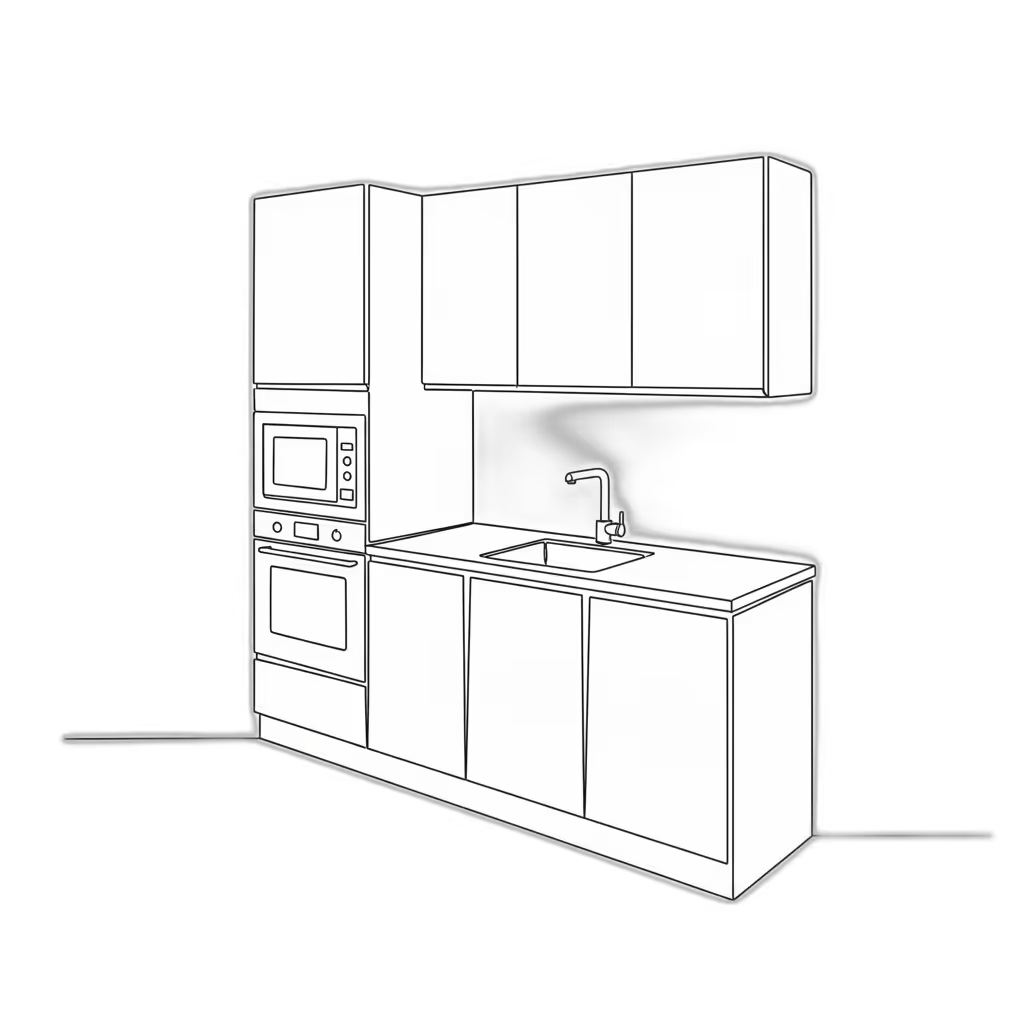

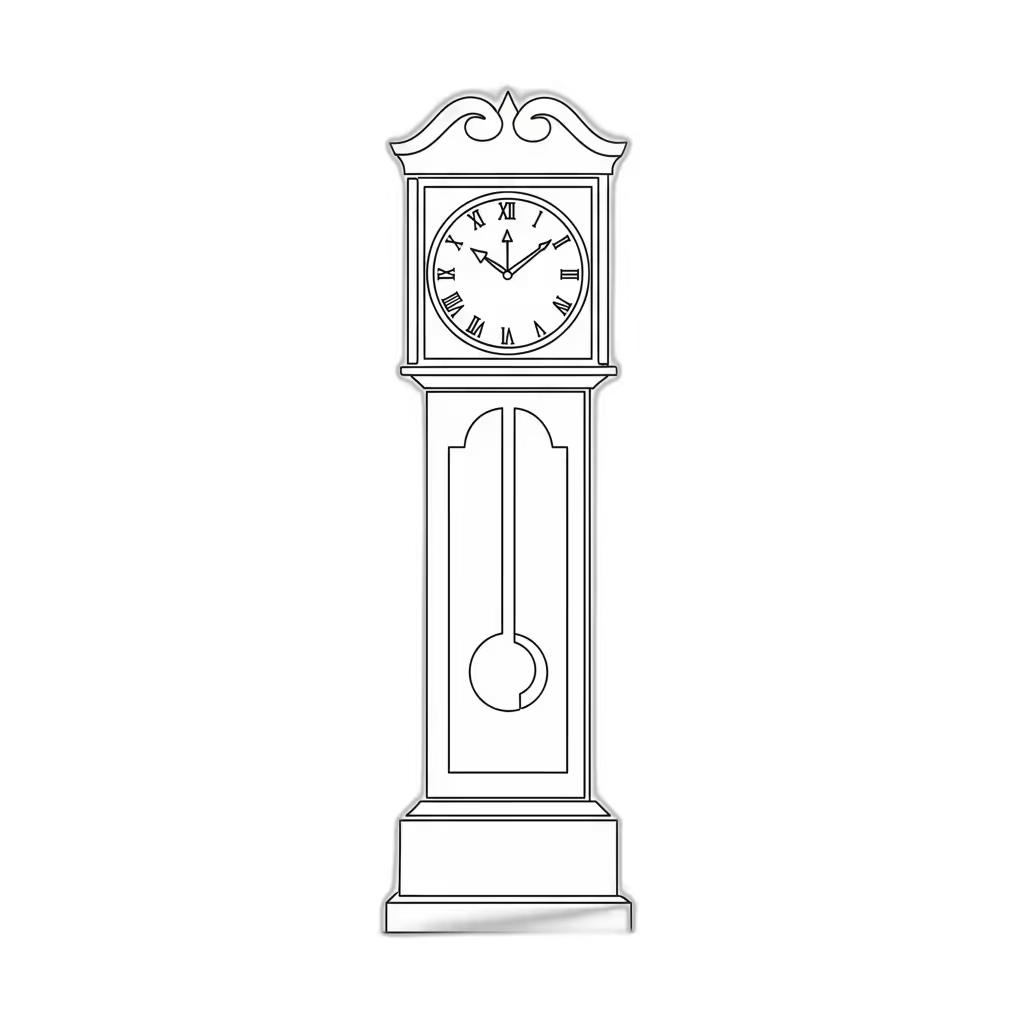
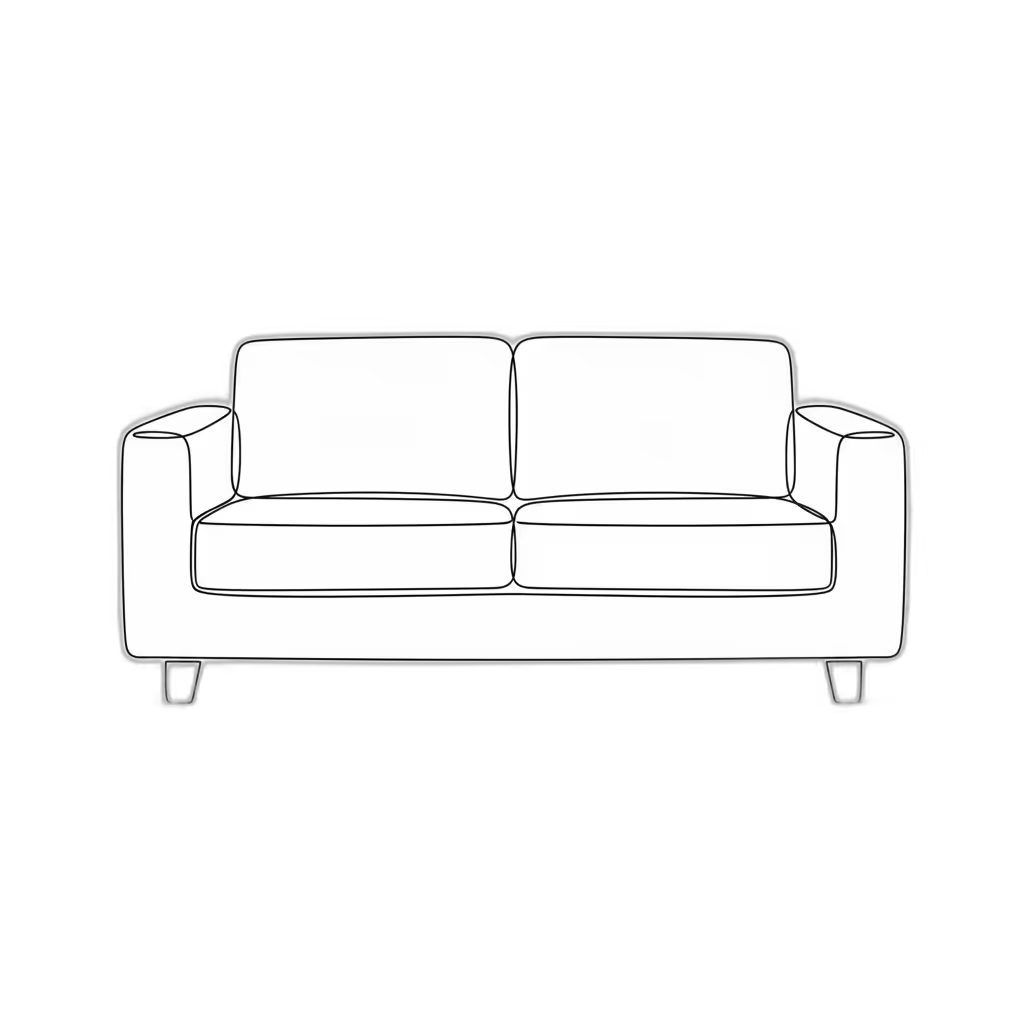




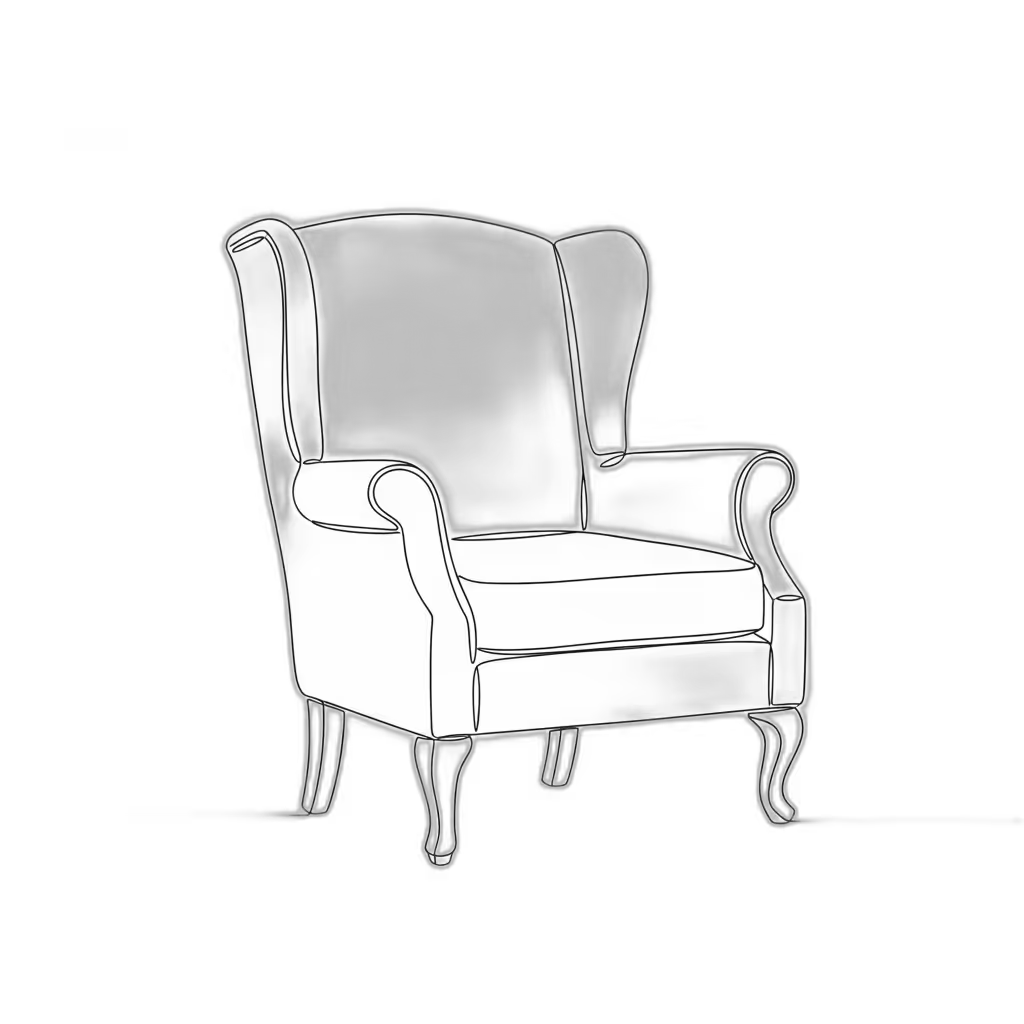

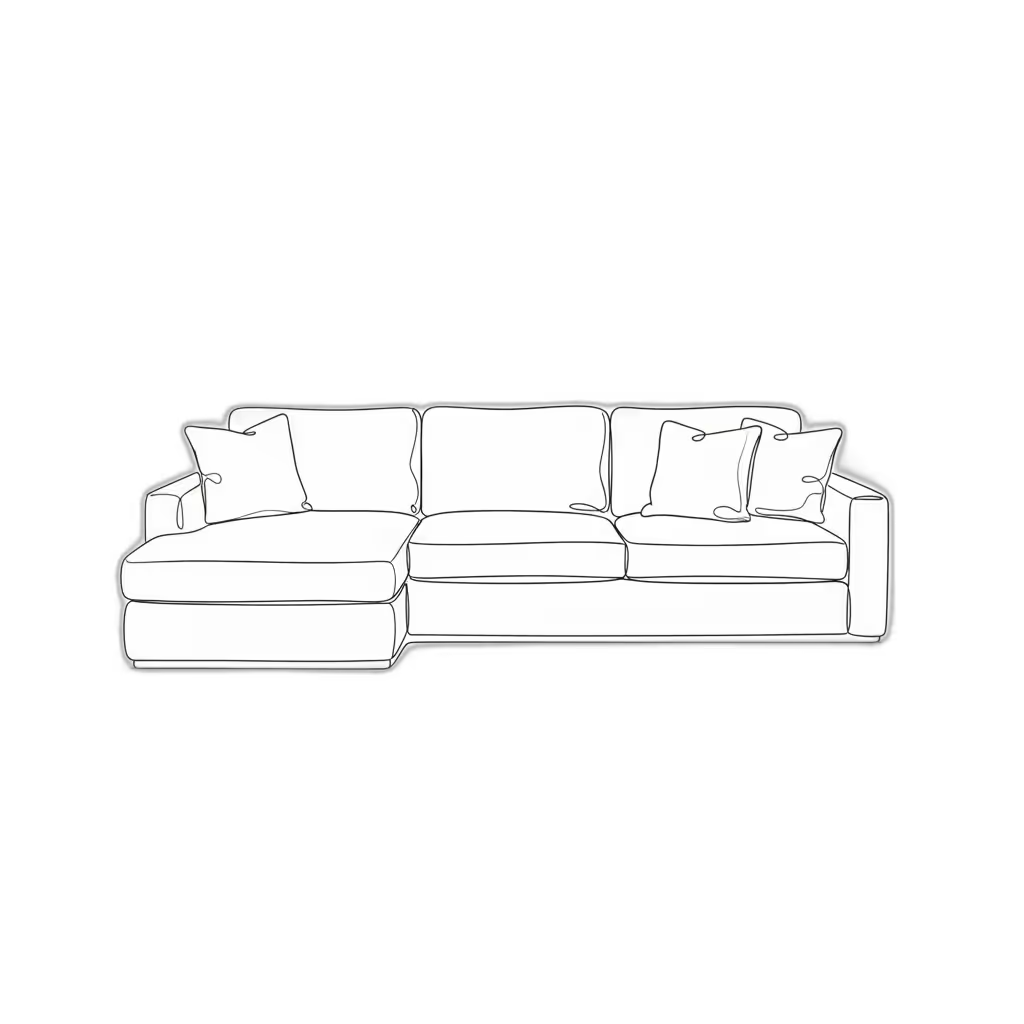
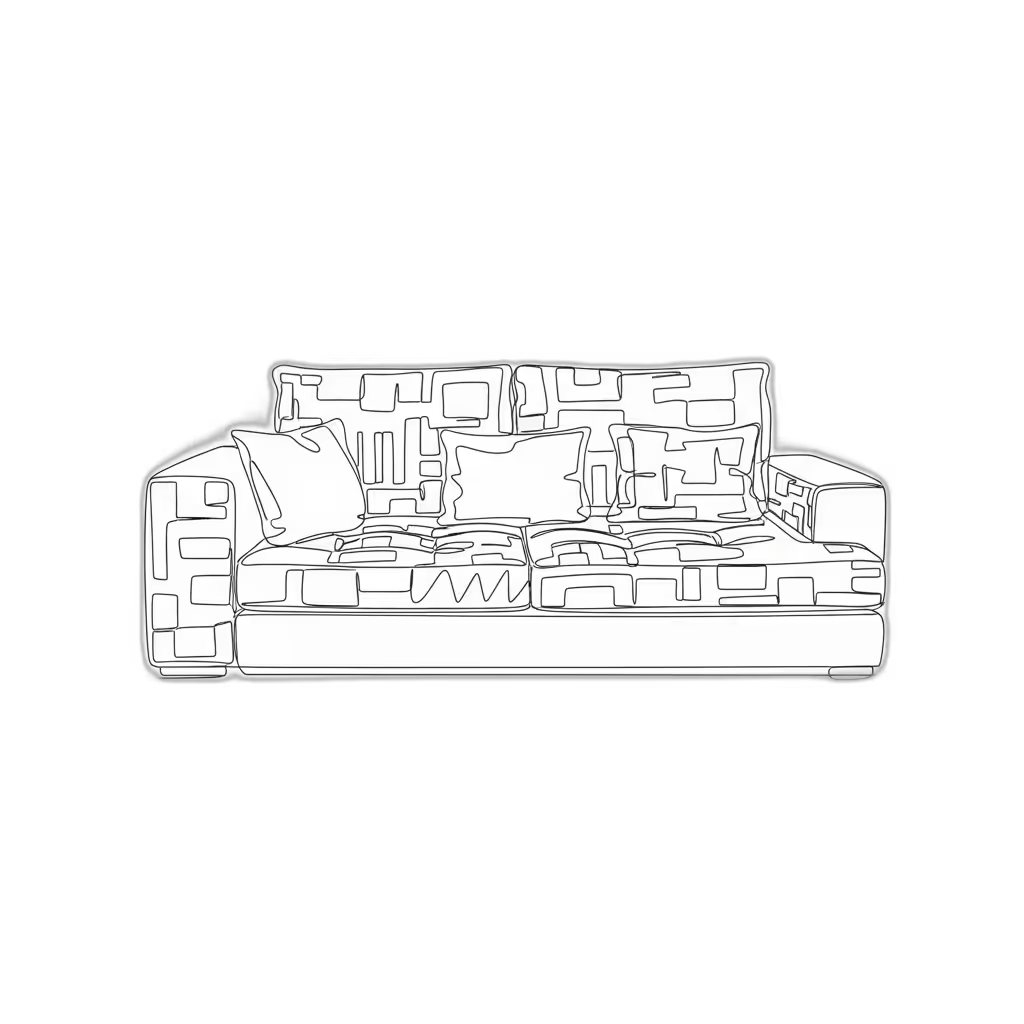


.svg)









